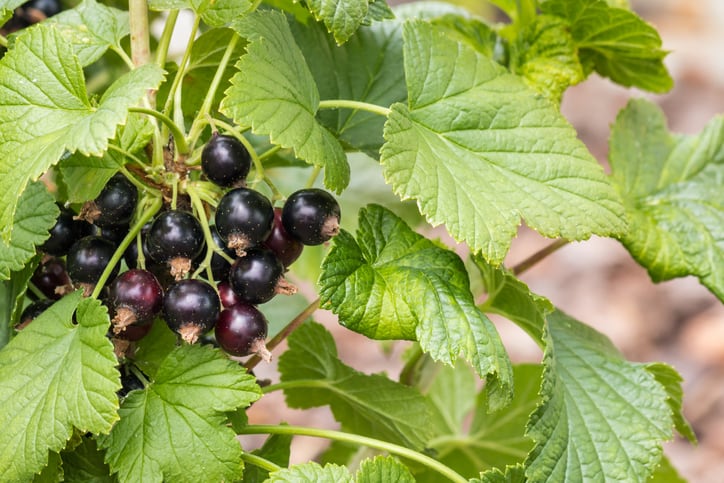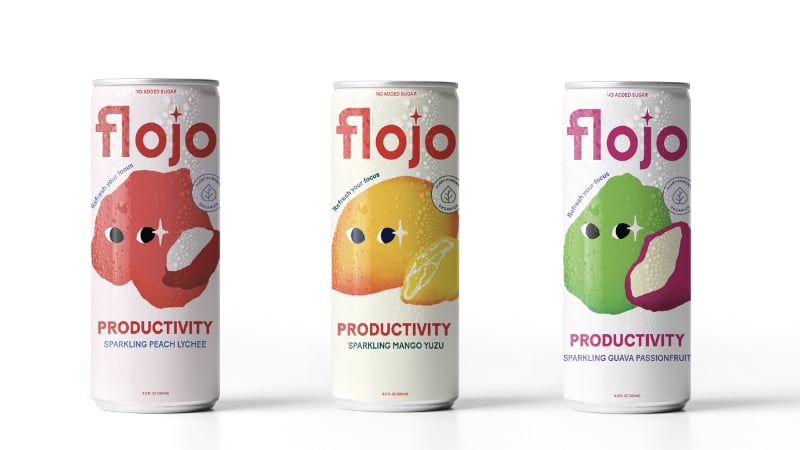The bioactive, identified as sarmentosin, is reported to support positive mood by inhibiting the enzyme monoamine oxidase.
Monoamine oxidase (MAO) breaks down neurotransmitters such as serotonin, dopamine, and norepinephrine, which are also known as the “happy hormones”.
Professor Andrew Scholey, Professor of Human Psychopharmacology at Monash University and Swinburne University highlighted the new finding during his presentation at the Growth Asia Summit 2024 held in Singapore in July.
He was speaking on the topic “Nutra for brain and body performance”.
According to Prof Scholey, there are currently over 1,000 products marketed for brain health. Ingredients used range from arginine, curcumin, DHA, EPA, ginseng, phosphatidylserine, and many more.
With the wide range of products available, he pointed out that it was crucial that ingredients used in these products were clinically studied.
“There are 1000s of products marketed for mood or cognition, but it's very important that we get behind the evidence and try to trial them using formal tests and also try to uncover the underlying mechanisms,” he said.
The discovery of sarmentosin is one example that was conceived from the research on commercially available nootropic products by New Zealand firm A̅repa.
One of the studies was a randomised, placebo-controlled, crossover study to assess the effect of A̅repa’s blackcurrant juice verses powder on their ability in inhibiting MAO.
Thirteen adults were recruited and were randomised to either the blackcurrant powder or blackcurrant juice group.
The two formats were assessed as drying techniques can change the content of berryfruit bioactives and their antioxidant capacities.
In this case, the amount of anthocyanin in the powder and juice had differed by about seven-fold, with the powder format containing more anthocyanins.
Findings published in the Journal of Agricultural and Food Chemistry showed that the blackcurrant powder could inhibit monoamine oxidase-B (MAO-B) activity as well as blackcurrant juice.
In blackcurrant powder, MAO-B inhibition was reported at 89 ± 6 per cent and 91 ± 4 per cent for blackcurrant juice.
“Despite the fact that the levels of anthocyanins [in the powder and juice] are very different, the level of MAO-B inhibition and neurotransmitter effect are roughly equivalent.
“What this means is that something else is producing the effect, not the anthocyanins. This led to a long search for a potential mechanism, meticulous work from groups done in New Zealand.
“This search for the component which might be responsible led to identification of sarmentosin,” said Prof Scholey, adding that in-vitro test also showed that sarmentosin could inhibit MAO activity.
Aside from A̅repa, Prof Scholey said that clinical research has also been conducted on other commercially available products, such as Bayer’s Berocca on working memory.
First-of-its-kind findings
The findings on sarmentosin, published in July this year, is believed to be the first to show its effects in inhibiting MAO activity.
“If you’ve keyed in sarmentosin and botanical extracts into PubMed, you will get zero returns, which shows it hasn’t really been looked at,” said Prof Scholey.
Aside from blackcurrants, sarmentosin has been identified in other botanicals such as the succulent plant Crassulaceae species and the Rhodiola species.
“Sarmentosin, a nitrile glycoside, and its hydroxycinnamoyl esters were identified as novel MAO-A/B inhibitors from blackcurrant in vitro, and sarmentosin was demonstrated to inhibit platelet MAO-B activity in vivo.
“These findings confirm sarmentosin as the primary bioactive for MAO-A/B inhibition in blackcurrants, as well as its bioavailability and stability during freeze-drying, and suggest that consuming blackcurrant powder and juice may positively affect mood in healthy adults,” said the authors of the findings.



